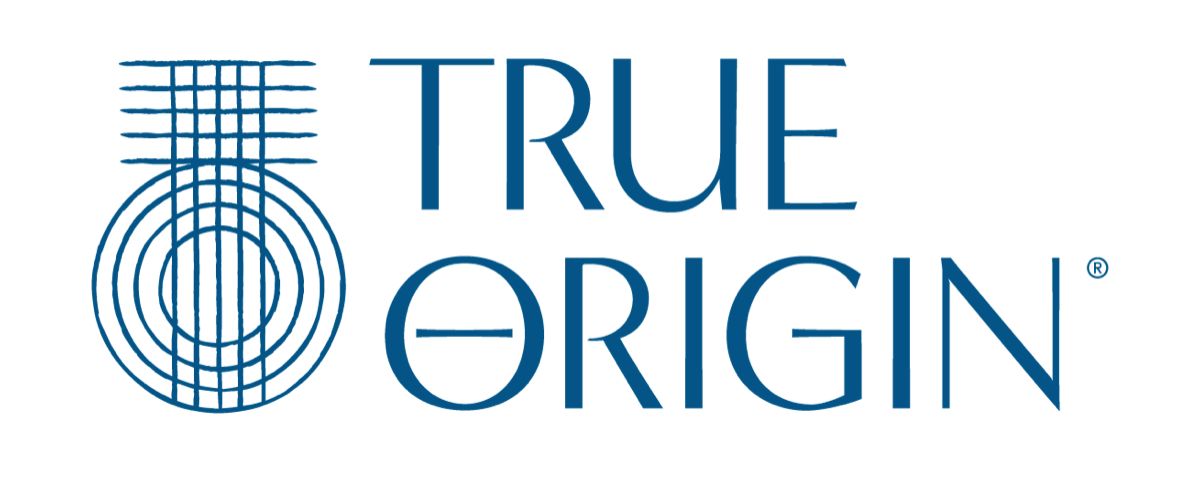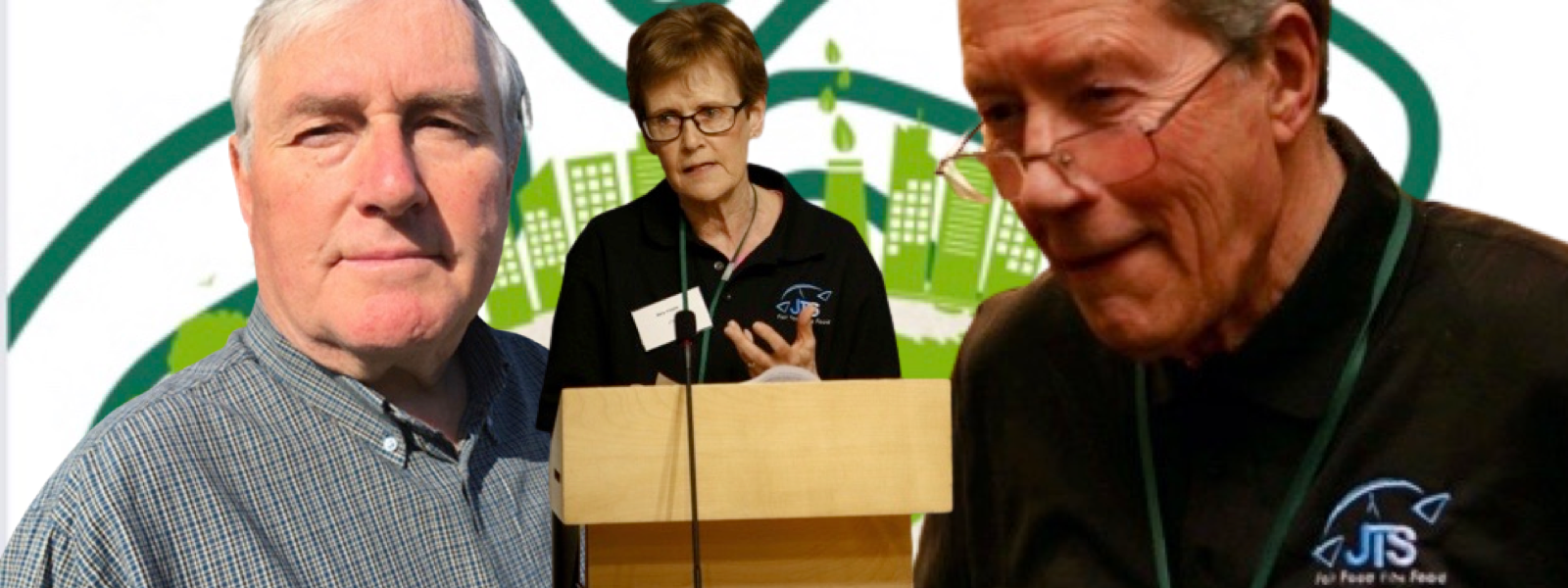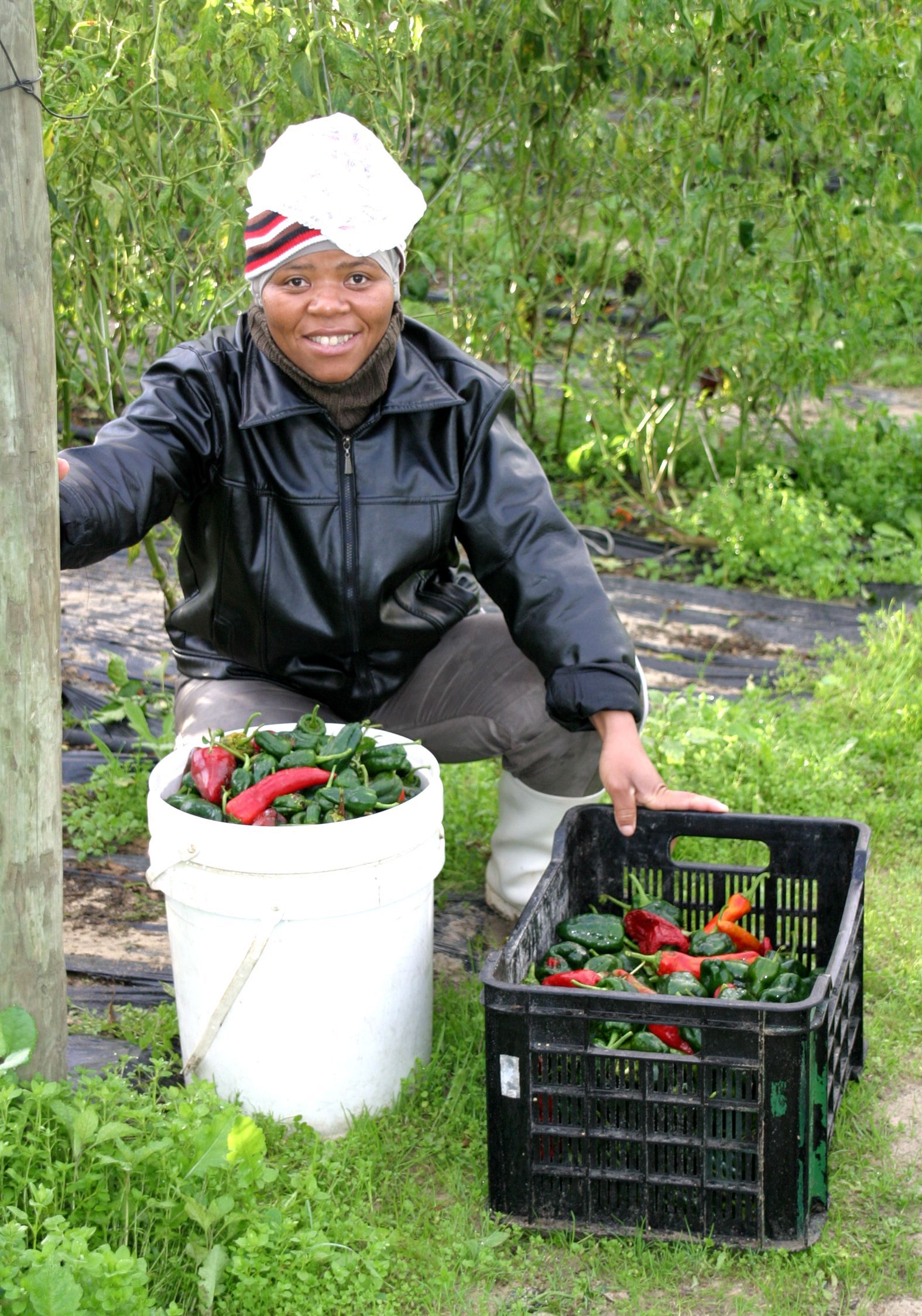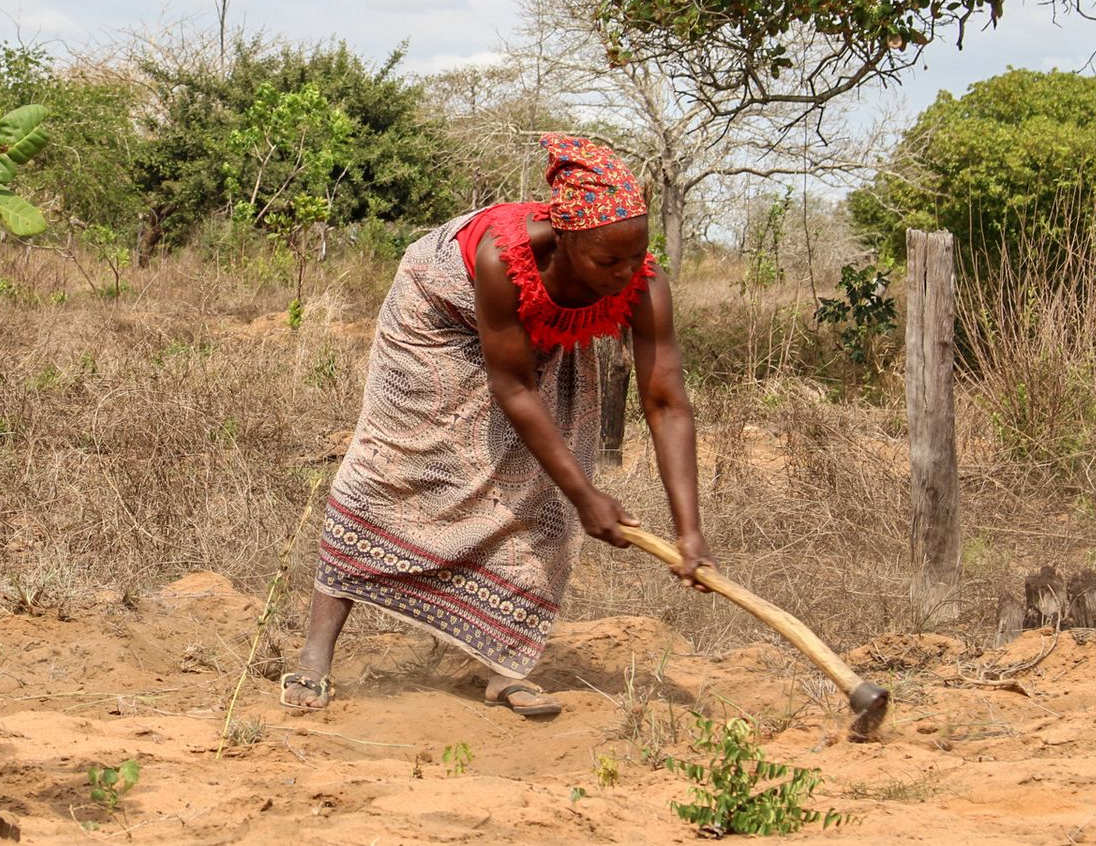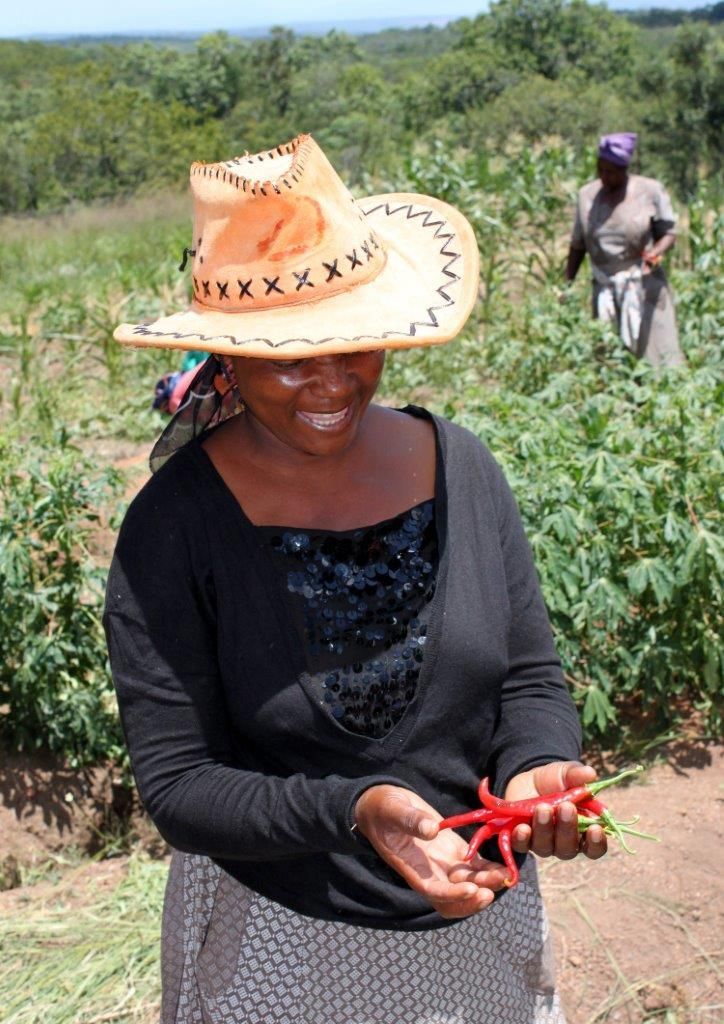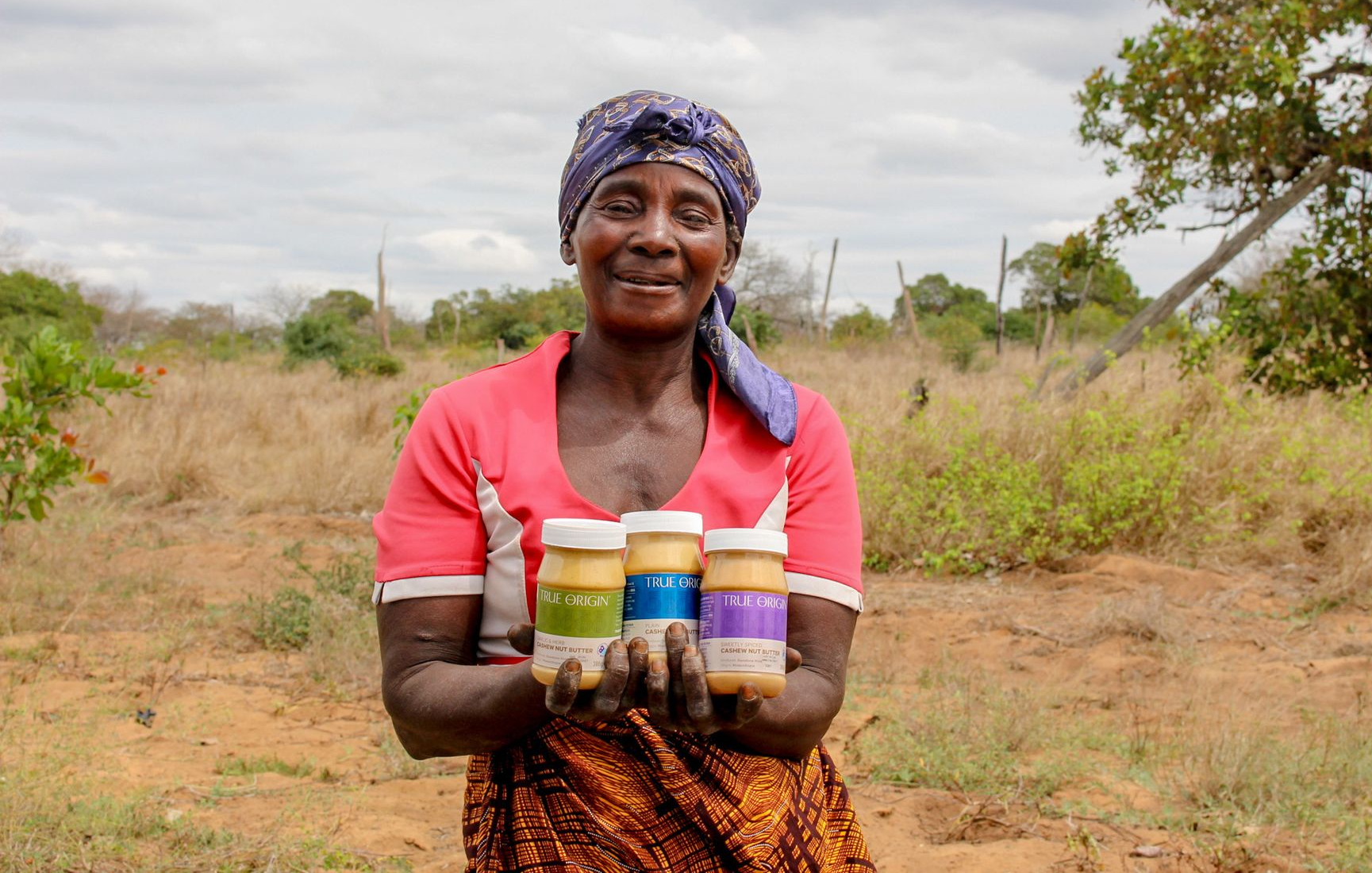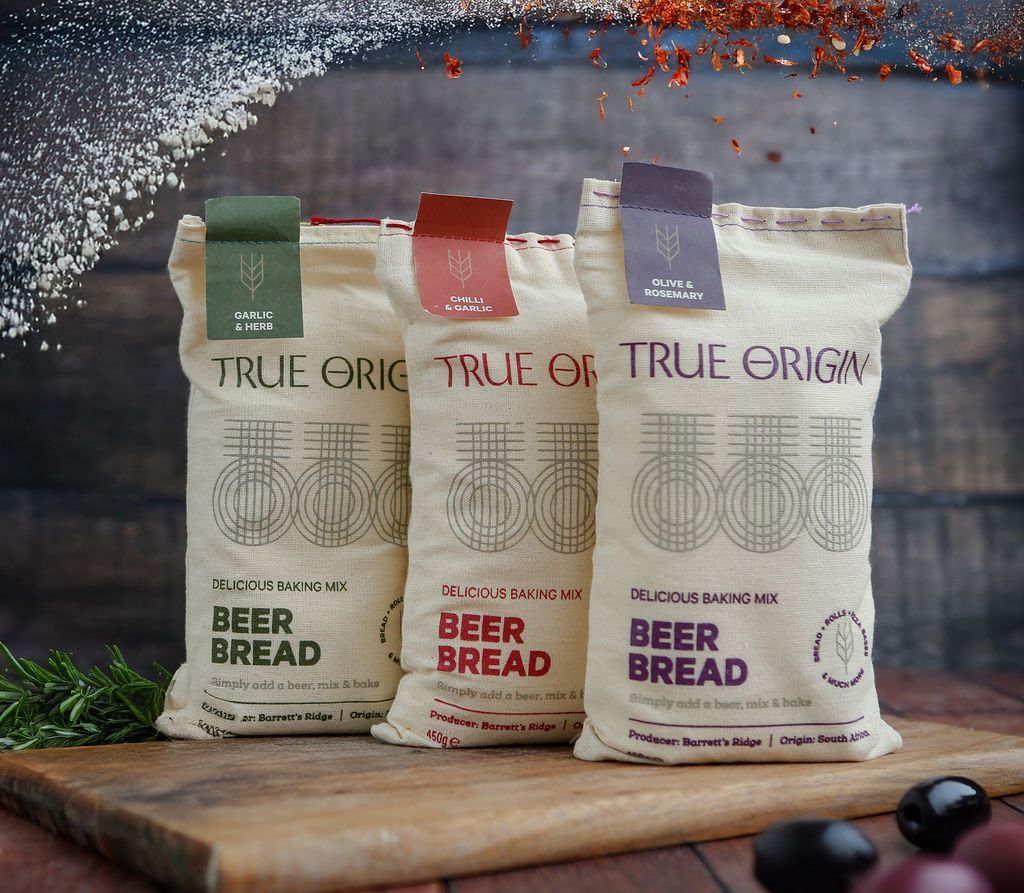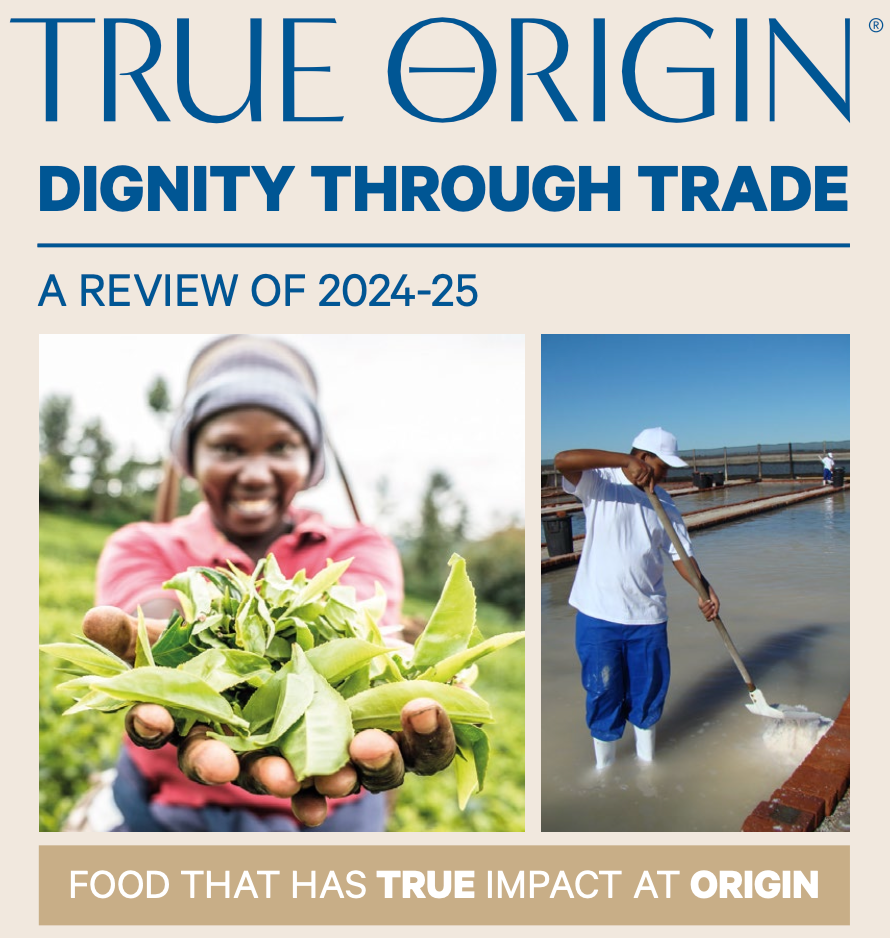World Fair Trade Day - Regenerative Business
Seeking to Create a Better Future: Regenerative Business
The current economic model is leading to unsustainable levels of resource consumption, environmental degradation, and increasing social inequality. We see the devastating effects of this on the people and environment around us. Our time for debating is running out, and the time for action is now! It’s critically important for us to reimagine the economy and find a more sustainable and equitable way forward. As we seek to create a better future, it's essential that citizens, enterprises, activists, influencers, and policy makers work together to promote Fair Trade practices and support ethical and regenerative businesses.
As part of our commitment to World Fair Trade Day, we asked three of JTS’s directors to comment briefly on this topic.
John Riches, Founder and Director of JTS and long-time Trustee of the Balmore Trust (JTS’s parent charity) – commenting particularly about our work with KASFA in Malawi
We work with smallholder farmers to help them develop their farms into sustainable businesses and build resilient communities. Their way of life and form of farming has a very low carbon footprint and if developed could contribute significantly to the production of sustainable food. They have suffered from years of neglect and have become isolated and fragmented, very individualistic. To thrive, they need 1) to build sustainable producer organisations; 2) to have access to affordable finance; 3) investment in low carbon implements (oxcarts, ploughs), smart technologies (tunnel farming, fish farming); 4) access to wider markets. There needs to be a revolution in the culture of small-scale farming (not the introduction of hi-tech plantations). Partnership with fair trade importers who support these wider cultural developments can be truly regenerative.
Mary Popple Chair of JTS
The economic world in which we live seems entirely focussed on short term gain, which continues to favour the rich and disadvantage the poor. It seems to me that to create sustainable and fair distribution of wealth in our world we need to care less about today and more about tomorrow. The fair trade model of doing business fits this need with sustainable long term relationships giving producers the returns and the confidence to invest in their businesses. The JTS model of doing business is a re-imagined future. We pay producers as much as we can on agreeing a contract to pay for their outlay rather than paying in arrears. This helps secure their future, but to make this work for a reimagined economy requires lots of businesses in the Global North to do the same. Could others have the courage to do this and take their stakeholders with them?
Joe Osman, Director of JTS and author of “Traidcraft – Inspiring a Fair Trade Revolution” JTS Director, Joe Osman, Launches New Book
Some of us have been around long enough to remember that ‘Fair Trade’ emerged from the ‘Alternative Trade’ movement back in the 70’s and 80’s. There was a recognition that the global economic system was arguably broken, and that poverty and inequity was one of the direct consequences. The greatest impact had been on the most vulnerable and disempowered, small-scale artisans or small holder farmers, especially in the global south. There needed to be a different way of doing business, and one which prioritized the interests of those primary producers as a fundamental aspect of organisational mission. Much has changed since those early days not the least a mainstream certification system which sees the Fairtrade label in all of the big supermarkets but not quite as radically ‘alternative’ as those early days. Environmental issues and climate change have added new dimensions to Fair Trade but the basic principles remain the same so it’s important that organisations like JTS who embrace that ‘alternative’ way of doing business continue to grow and thrive.


